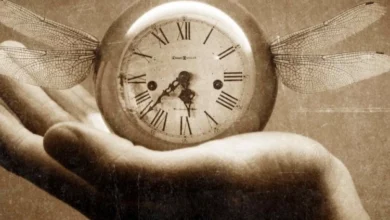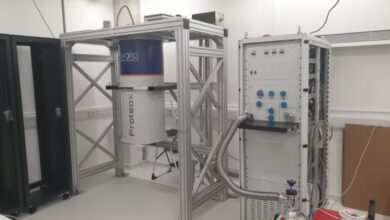Physicists Challenge Reality: ‘Time Is An Illusion,’ Not As We Perceive It
Revelation that could alter our fundamental understanding of reality, an increasing number of physicists are arguing that time, as humans experience it, might be an illusion. This perspective, which has garnered significant attention within the scientific community, suggests that what we perceive as the passage of time could be a construct of human consciousness rather than a fundamental feature of the universe.

The concept is deeply rooted in Einstein’s theory of relativity, where time is not absolute but relative; it can dilate or contract depending on the relative velocity of observers and gravitational fields. More radical interpretations come from quantum mechanics and the work of physicists like Julian Barbour and Carlo Rovelli, who propose that the flow of time is an emergent phenomenon, not a primary one. Barbour, in his ‘timeless physics,’ posits that all moments exist simultaneously, and what we call ‘time’ is merely our way of navigating through these static instances.
Recent discussions at conferences like “Time in Cosmology” hosted by the Perimeter Institute have brought these ideas into the spotlight. Here, physicists debated the “block universe” theory, where past, present, and future are equally real, suggesting that our experience of time moving forward is akin to watching a movie frame by frame, with all frames already existing.
“Time as we understand it might be a kind of cognitive shorthand for complex underlying processes,” explained Dr. Emily Johnson, a theoretical physicist from MIT, during the conference. “If we look at the universe from the perspective of quantum mechanics, where particles can exist in multiple states until observed, the idea of a linear, flowing time starts to crumble.”
The implications of this theory reach far beyond physics into philosophy, psychology, and even daily life. If time doesn’t exist in the way we think, how do we understand memory, causality, or the direction of entropy? This paradigm shift challenges the very basis of how we plan, remember, and live our lives.
This emerging consensus among some physicists isn’t without controversy. Traditionalists argue that while these theories are intriguing, they lack the experimental backing to overturn our daily experience of time. “We still need to reconcile these theoretical frameworks with observable phenomena,” cautions Dr. Helen Wong from CERN.
As the debate continues, the scientific community and the public alike ponder what it means to live in a world where time might not be the sequential, flowing river we’ve always thought it to be. This discussion not only reshapes our understanding of physics but also invites us to reconsider the nature of existence itself.




